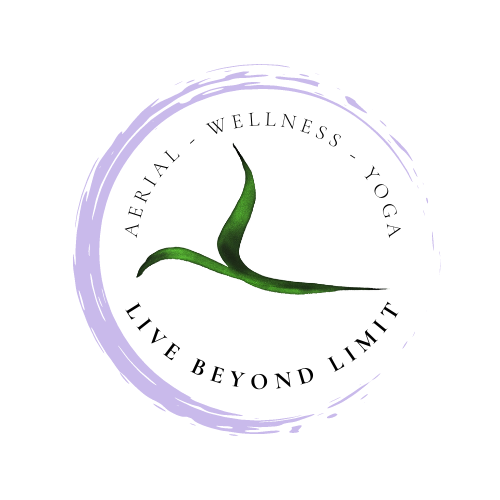Research and practice show time and time again that mindfulness and living in the moment helps an individual to live with physiological and emotional stress.
According to studies and recommendations from Harvard, Oxford and UC Santa Barbara mindfulness and present living helps to reduce symptoms of stress, depression and addictions and enhances working memory and recall. Pretty cool huh? So why don't more of us partake in this wonderful practice? What does it even mean to "live in the now" or to practice being "mindful"? I get these questions a lot from clients and friends trying to minimize the chaos and unwanted events in their lives.
It's hard to live in the now because of the chemical and energetic imprints made as reactions to the stressors in your life. We are an overstressed and under-restored population as a whole. Chemically we should bounce back to resting states quickly, but with our culture and social structure/interactions we have a hard time getting away from the stressors.
It's hard work to stay positive and stay in the moment of each and every experience. It take practice....a lot of practice. Happy, realistic and optimistic people choose to be that way. They choose to focus on what they have and the things that are going well and use problem solving and stress management tools to cope and or change the things that are less than ideal.
In the moment individuals put the cup down and empty it after each interaction they have. Think of stress like this:
How much does a glass of water feel like it weighs? How much does it weigh an hour later? A week? A year? It progressively gets heavier and heavier and after enough time, your arm will give out from fatigue. That's just like you're body! (Thanks to whomever originated this parallel).
Therefore, if you have been in a stressful situation and you've left and moved on to the next event of your day, or the next day itself, forget about the stress source and focus on your new space and the tasks at hand. Cycling through the situation, replaying or planning the next conversation and or allowing yourself to feel awful will only distract you from your present task, rob your happiness and leave you less productive and less pleasant to be around.
Feel in the moment. Notice what you're feeling and when you're feeling it so you can start molding your situations to help you feel great. This is the practice of self-study or svadhyaya. Notice and change your perspective or walk away from the things that make you feel awful. Engage more frequently in the situations that make you feel free, joyful and celebrated.
Be aware. If things turn sour in a situation ask yourself "What happened? Am I being defensive? If so, why am I being defensive? Did the mood shift because of something I said or did? Do people move away from me or towards me?" Look to yourself in a situation first and foremost, and only if you realize that it wasn't you evaluate what you'll do about the company you're in to ensure that you are able to stay present, mindful and engaged in healthy relationships and actions.
Lastly, but certainly not least, focus on the good stuff that is happening in the moment. Every situation has two sides, so instead of stressing about the less than ideal conditions, enjoy the great ones. Enjoy your senses, nature, company and the things that surround you each moment.


